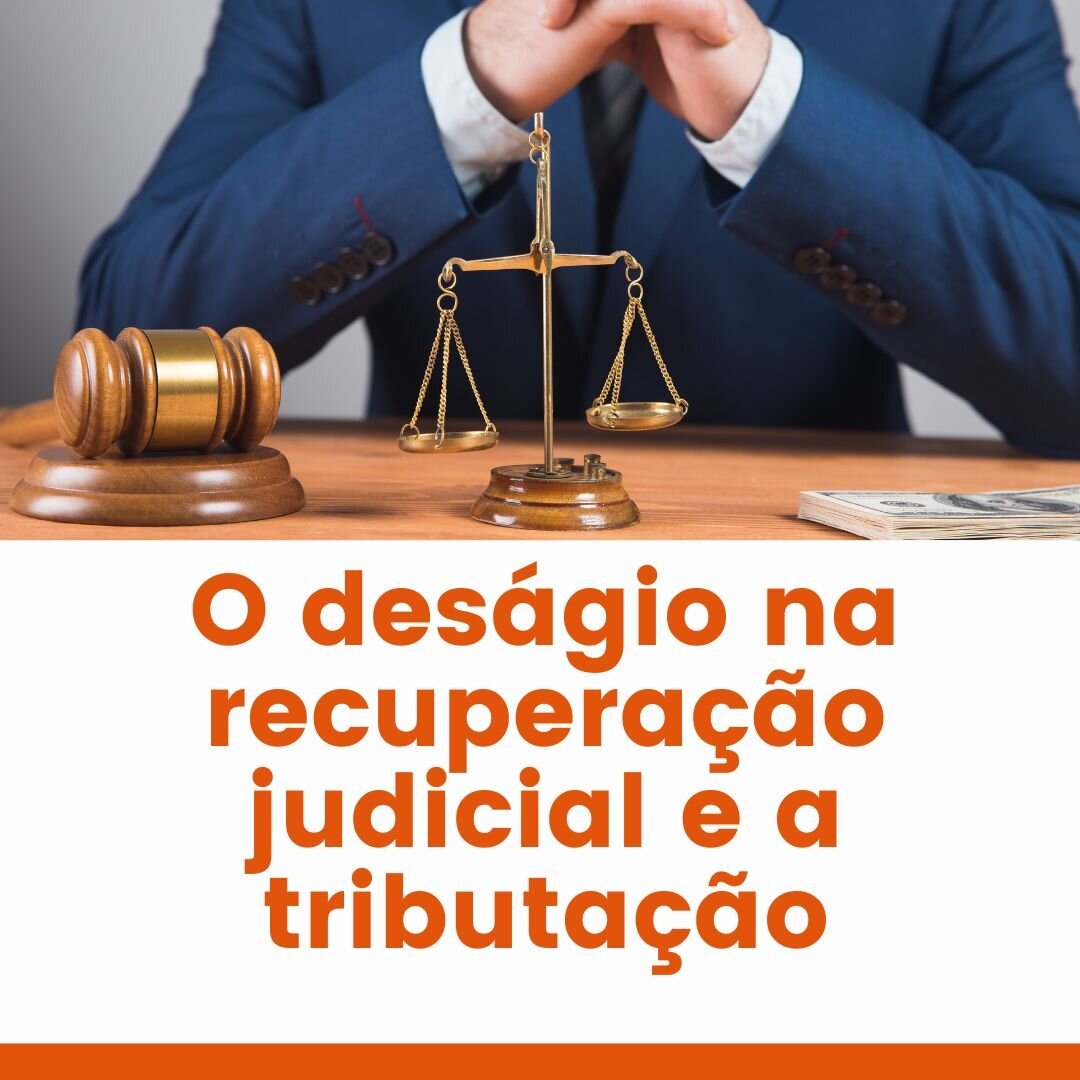DISAGE IN JUDICIAL RECOVERY AND TAXATION

As we know, the judicial recovery established by Law 11.101/2005 is amended by Law 14.112/2020 is not limited to supporting and reaching business activities in crisis, but also to protect the social function that should guide this relationship.
The judicial recovery process, as we know, obtains from its creditors a percentage debt discount that varies from process to process but normally relevant.
In judicial recovery all creditors will legally receive less than they are entitled, that is, for a disagerate, for example, 70% creditors will receive the equivalent of 30% of their credit.
It turns out that one of the main creditors in the case the government/tax authorities does not accept the disagera because it requires that the value be taxed by the income tax and social contribution on net income. As a result, the amount that is reduced between the parties ( the recovery company and its creditors) must be offered taxation.
With this, private creditors legally lose much of their credits, but the government/tax authorities do not require the disagete to be taxed.
It is certain that an unpaid liability should be recognized as a revenue. Just verify the tax legislation (art. 441, II of RIR/2018, art. 53 of Law 9.430/1996, in RFB No. 1,700/2017 in addition to the technical guidelines imposed by the Federal Accounting Council by Resolution No. 1,374/2011. In cases Judicial Recovery The government/fisco should participate in the company's effort to stay active, with benefits to the economy, employment maintenance, etc., but does not do so.
Similar position occurs (considered the exceptionality of Law No. 11.491/2009) when companies opt for special installments periodically offered by the federal government (Refis, PERT, etc.). Reduced/excelled values also have to be offered taxation, ie the government with one hand and withdraws with the other, causing concern and discomfort between the opting companies.
The uncertainty has already been the real taxation of the disagered by PIS/Pasep and Cofins ceased to exist when the enactment of Law 14.112/2020 which amended some aspects provided for in Law No. 11,101/2005 when it included article 54 a O O O O O O O Which establishes that the revenue obtained by the debtor will not be computed to calculate the PIS/PASEP/Cofins calculation base and that the gain obtained by reducing the debt will not be subject to the percentage limit of IRPJ/CSLL, ie limit of 30 % reduction through compensation and deductions provided by law, the IRPJ/CSLL calculation base.
It should be considered that expenses related to obligations originated from the judicial process will be considered deductible.
By the end, despite the relevant degia practiced in judicial recovery processes, only 23% of companies survive after asking for judicial recovery. A study by Serasa Experian found that only 1 company in 4 can survive in Brazil after asking for judicial recovery.
ernani marcucci/15.05.2023



